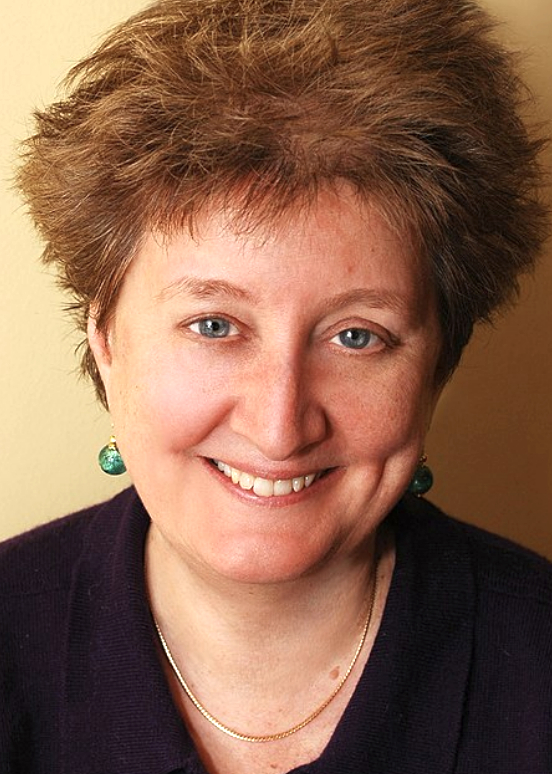On this date in 1949, writer and atheist Katha Pollitt was born in Brooklyn, N.Y. Her father was a Protestant lawyer and her Jewish mother worked in real estate. Pollitt earned a bachelor of arts degree from Radcliffe and a master of fine arts from Columbia University. The Washington Post called her “Subject to Debate” column, which The Nation started publishing in 1994, “the best place to go for original thinking on the left.” Pollitt has received a National Endowment for the Arts grant and a Guggenheim Fellowship for her poetry. Her 1982 book, Antarctic Traveller, won the National Book Critics Circle Award.
Her poems have appeared in The New Yorker, The Atlantic, The New Republic, The Yale Review, Poetry and Antaeus. A collection of her writings, Reasonable Creatures: Essays on Women and Feminism, was published by Knopf in 1994. The title was an ode to Mary Wollstonecraft, who wrote, “I wish to see women neither heroines nor brutes, but reasonable creatures.” Her second book of essays, Subject to Debate: Sense and Dissents on Women, Politics, and Culture, was published in 2001.
After she was named FFRF’s Freethought Heroine of the Year in 1995, she wrote about FFRF’s annual convention in a column called “No God, No Master.” Katha forthrightly volunteers her atheism and defends rationalism and the separation of church and state in her columns, during interviews and on national TV programs. Her outspoken, official dissent from the “official American civic religion” brought her an FFRF “Emperor Has No Clothes Award” in 2001. She was 2013’s Humanist Heroine for the American Humanist Association and received Planned Parenthood’s Maggie Award in 1993.
In 1987 she married Randy Cohen, author of The New York Times Magazine column “The Ethicist.” Before divorcing, they had a daughter, Sophie Pollitt-Cohen, born in 1987. In 2006 she married political theorist Steven Lukes.
Her book Pro: Reclaiming Abortion Rights was published in 2014 and was written to respond to the “feeling among many pro-choice people that we need to be more assertive, less defensive.” In the book she argues that the decision should not be looked at as the action of a woman thinking independently because abortion requires the “cooperation of many people beyond the woman herself.”
In 2017 she was the recipient of FFRF’s new Forward Award, which recognizes individuals who have moved society forward. Her acceptance speech, “Right-wing Christianity in the Age of Trump,” is here.


